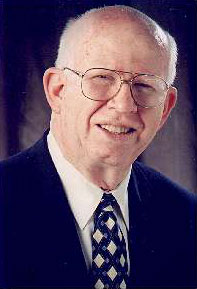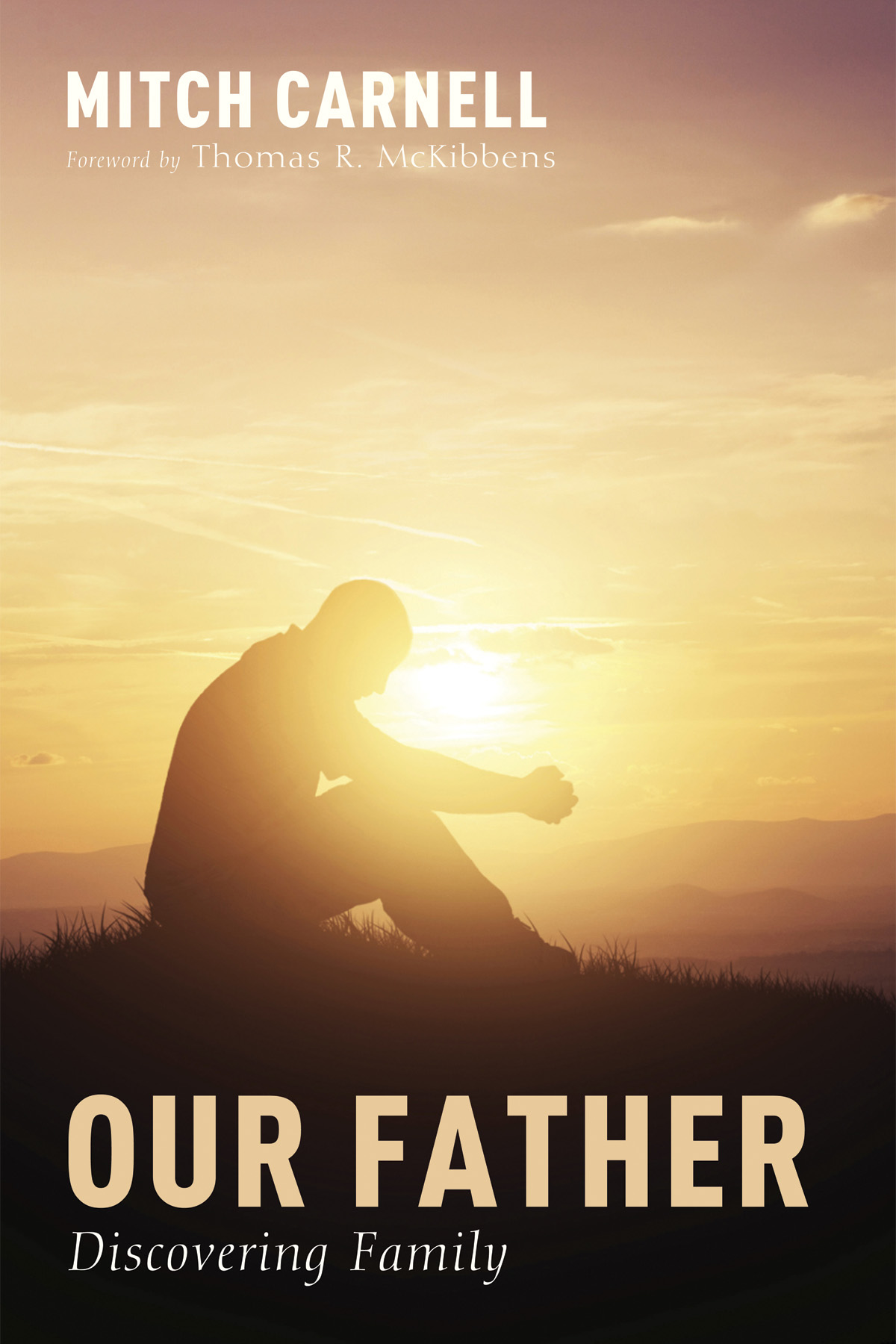 How tiresome is the perspective voiced by churches, political campaigns and businesses when they say something like, “We need a strong leader,” followed by something like, “We are not ready for a woman as pastor, or president or CEO.” While we may celebrate the strides toward equality, we know that achieving gender and racial parity in all realms of life remains more aspirational than reality.
How tiresome is the perspective voiced by churches, political campaigns and businesses when they say something like, “We need a strong leader,” followed by something like, “We are not ready for a woman as pastor, or president or CEO.” While we may celebrate the strides toward equality, we know that achieving gender and racial parity in all realms of life remains more aspirational than reality.
I have been devouring a recent book by Leslie Dorrough Smith entitled Compromising Positions: Sex Scandals, Politics, and American Christianity. If that title is not arresting enough, her thesis surely is. She contends that:
“… evangelical rhetoric provides the cultural template for the moral promotion of sexual men and the moral condemnation of sexual women when situated within particular racial contexts. This influence enables Americans to excuse certain politicians for their sexual misbehavior so long as they conform to other critical aspects of ideal male identity.”
Of course, ideal male identity in the United States remains white, heterosexual and given to “family values” (even while their behavior contradicts this supposed conviction). Smith’s book is full of examples.
Through examining the varied sex scandals of recent decades – which include the likes of Anita Hill/Clarence Thomas; Bill Clinton/Monica Lewinsky; Roy Moore/young or underage women; Rudy Giulani/several wives; Newt Gingrich/several wives; Donald Trump/varied liaisons and several wives; and Brett Kavanaugh/Christine Blasey Ford – the author perceptively argues that the national discourse wants to reinforce the narrative of the white, heterosexual, hypersexually driven man who is, simultaneously, a wholesome father figure with great moral integrity.
It is surely a double standard, and it sustains the patriarchal narrative.
“Patriarchy is not just about gendered relationships; it is also about race.”
Why does the public overlook such scandals and give these men a pass even while using the rhetoric of sin and need for redemption? Because American culture is patriarchal to the core, believing that only a strong red-blooded white male can protect national interests. If that means accepting or overlooking his sexual exploits, so be it. Religious rhetoric that sees men as the God-ordained leaders helps sustain this understanding.
Women fare badly in this construction. Their testimony is held in contempt; they are pilloried if they are sexual in any overt way; and their competence to lead is questionable. The varied examples listed above demonstrate that white males win; women who protest their treatment by them are shamed, called nutty and slutty, or simply deranged. The need to prop up white male hegemony trumps their rightful witness, and the desire to protect patriarchy wins (at the cost of any egalitarian integrity).
While progressive Baptists are proud of their movement toward gender equity and inclusion of sexual minorities, we know that statistics still convict. Only 6.5 percent of senior pastors among Cooperative Baptists are women. American Baptists are only slightly better at approximately 11.3 percent. The data for the Alliance of Baptists shows more progress than these others. Surely there are break-out leaders among these ecclesial bodies, yet preference for a white male remains the default for churches. (The largest African American Baptist bodies lag in promoting the leadership of women, not to mention LGBTQ persons.)
Patriarchy is not just about gendered relationships; it is also about race. Projections about the sexuality of black men and women from a white perspective colors the national discourse.
Smith cites studies that demonstrate “white evangelical Christians are disproportionately likely to interpret the poverty and social disadvantage that many people of color face as the result of individual moral failures (and sexual failures …) rather than as systemic phenomena caused by forces that transcend any one person’s circumstances.” The horrific critique of the Obama presidency and his family and the current backlash from white nationalists signal the fear of those who anticipate their power eroding.
In the midst of the relentless election cycle in American politics, we once again see how hard it is to bury the patriarchal narrative. Persons of color have vanished from the contest for the Democratic nominee in the 2020 election. And the labeling of women as incapable of being presidential, because they are bitchy or bossy, continues. The old tropes of masculine strength are on display as candidates are subjected to analysis through the lens of evangelical social worth – white, straight, married – and the capacity to use religious rhetoric to promote a triumphant conservative agenda that remains a hierarchical ordering of gender and race.
Repentance and conversion of heart will be essential to rectify this ongoing diminishment of women, sexual minorities and persons of color. It is not easy to dismantle what has been projected as normative and how God intended things to be, but it is necessary if we pursue the reign of God on earth as it is in heaven.
We can construe a better narrative where all who bear the image of God can flourish if we but have the will to do it.







